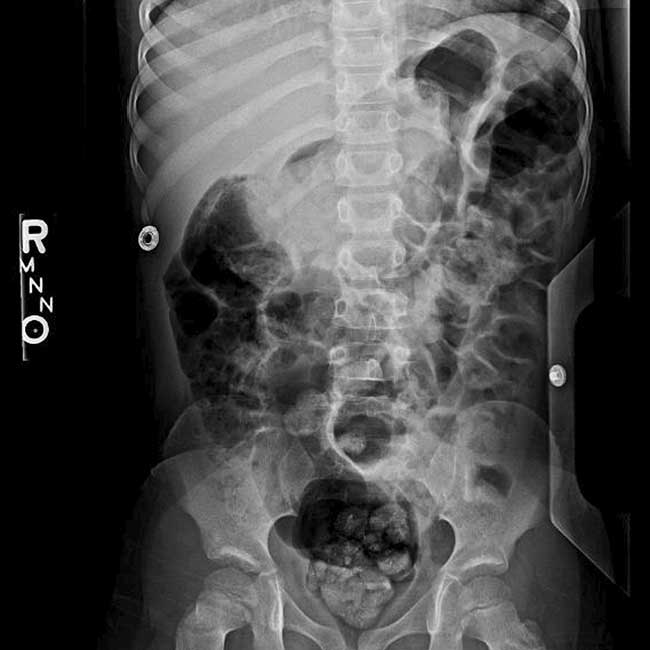Too much salt in the food could increase the risk of type 2 diabetes and also latent autoimmune diabetes (LADA) in adults, shows a research. Type 2 diabetes, which accounts for up to 95 percent of all cases, is, often, diagnosed in middle-aged and senior people. LADA is a more slowly progressing disease, and does not require insulin treatment initially. The study looked at the impact of sodium intake on the risk of type 2 diabetes and LADA. While existing research had already demonstrated that sodium absorbed from the daily intake of salt may significantly increase the risk of developing type 2 diabetes, the current research found that this happens because sodium impacts insulin resistance and also that excess salt could lead to hypertension and weight gain. Researchers found that each extra gram of sodium (or 2.5 grams of salt) per day was linked to a 43 percent higher risk of type 2 diabetes; for LADA, each extra gram of sodium led to a 73 percent increase in developing the condition.
Start journaling, stop worrying

Anxious about an upcoming event or worried about some situation in your life? Start journaling your thoughts. For, studies have now found that expressive writing could help you get those fears out of your head and may even increase your chances of success. Researchers studying the impact of journaling asked the experimental group in the study of chronically anxious female college students to write down their deepest thoughts and concerns before completing a computer task that measured their accuracy and reaction time. Although the controlled group also performed at about the same level for speed and accuracy, those who had written about the task used fewer brain resources. The key, however, is to write about the task and what is worrying you about it.
The Rapunzel Syndrome

Following the death of a British teen, who is believed to have had an infected hairball in her digestive system, media attention is focused on a rare condition called ‘Rapunzel Syndrome’. An autopsy revealed that the teen had an infected hairball in her stomach, which became inflamed and caused an ulcer, leading to her death. Speculations in the media suggest that the teen suffered from a condition called ‘Rapunzel Syndrome’, in which a mass of hair forms in the stomach and part of it passes into the intestine. Only about 30 cases have come to light since it was first identified, but medical research has found that it is seen among teenage girls who have a condition called trichophagia, which is compulsive eating of one’s own hair. Treatment for hair-pulling and hair-eating usually involves behavioral therapies.
Schizophrenia increases death risk

A study, spanning over two decades, has found that people with schizophrenia not only have lower life expectancy, they are also three times more likely to die than people without it. Schizophrenia is a severe, long-term, disabling mental disorder that typically starts in late adolescence or early adulthood. The team of researchers examined records of more than 1.6 million deaths that occurred in Ontario in the 20-year period between 1993 and 2012. Their analysis showed that, over the 20-year period, ‘individuals with schizophrenia experienced three times greater mortality rates, compared with the general population, even after adjustment for sociodemographic factors. Those with schizophrenia also died younger and lost more potential years of life.’

